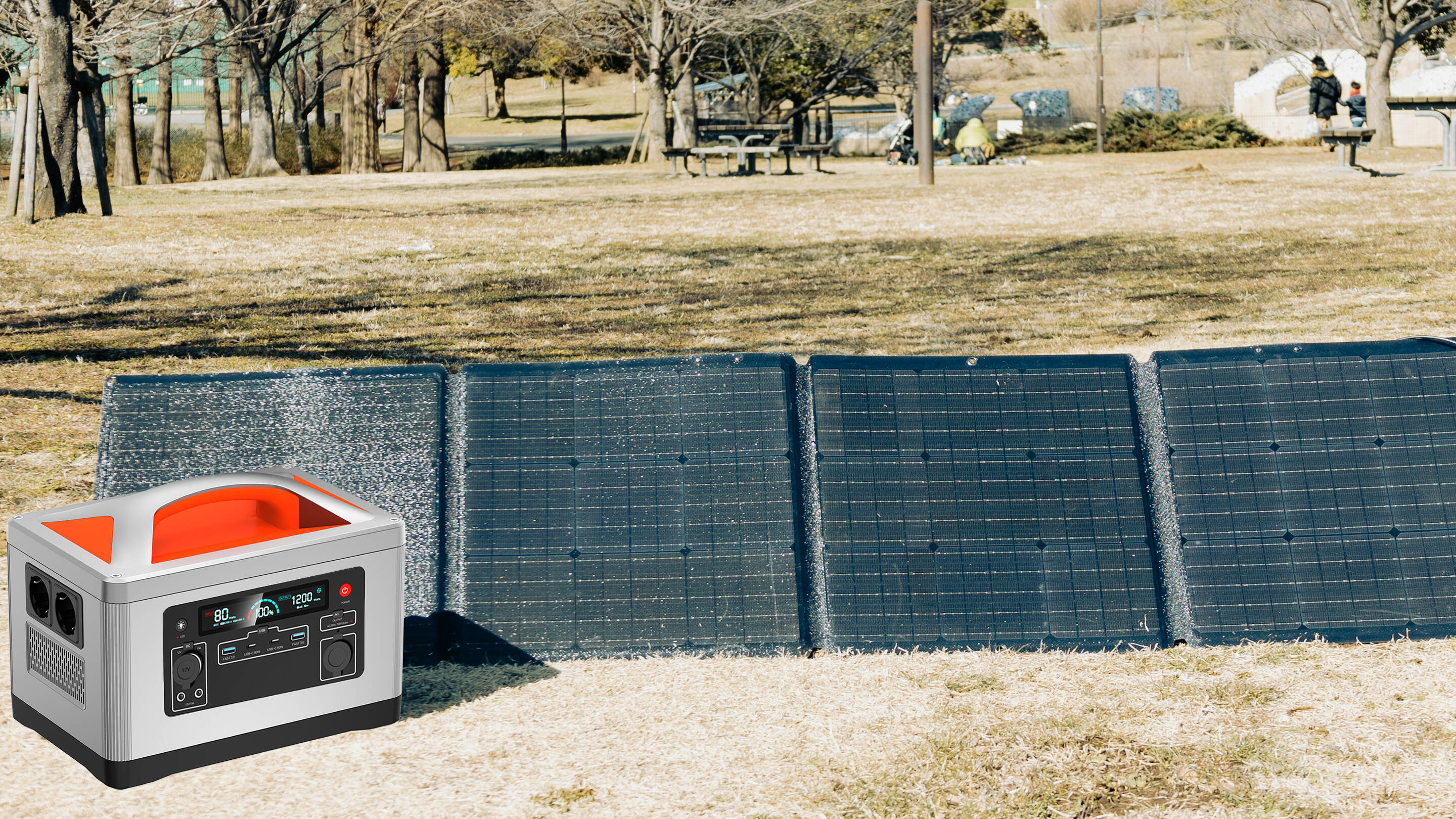Email format error
Email cannot be empty
Email already exists
6-20 characters(letters plus numbers only)
The password is inconsistent
Email format error
Email cannot be empty
Email does not exist
6-20 characters(letters plus numbers only)
The password is inconsistent


Nowadays, portable power stations are becoming more popular as an alternative to generators for use while traveling or working outside. They are easier to move about, safer, and quieter than generators, and they don't take up as much space as generators do. Portable power stations are more environmentally friendly than traditional generators and do not produce any hazardous pollutants, keeping the environment clean and peaceful.
A portable power station is a power station that you can move to different locations. It is also known as a mobile charging station. With this method, it is fantastic to charge electronic devices, such as mobile phones, laptops, and tablets, forever.
A generator is a power station that generates power through the combustion of gas or diesel fuel rather than producing electricity through batteries. The use of fuel generators results in a significant amount of noise as well as air pollution.
Following are the differences between portable power stations and fuel generators.
The issue that generators provide a substantial risk of starting a fire has crossed your mind. Generators are hazardous if there is an excessive amount of them utilized. It is essential to refrain from overloading them since doing so might cause them to overheat and catch fire.
Another risky activity is being close to a generator for a lengthy period of time and breathing in its exhaust. Over time, this may be hazardous to both children and animals.
Portable power stations don't produce harmful pollutants since they don't utilize internal combustion engines to generate energy like traditional power plants do. Portable power stations do not cause any breathing or health problems, so it is clear that portable power stations are safer to use!
Many people who need to be more knowledgeable about the operation of such power station purchase generators since they are now more inexpensive.
Because of this, it is common for generators to stop working after just a few months of use, particularly if they have been stored outside in the weather or over the winter. It is especially true if they have been used often. Generators are more susceptible to problems with fuel since they rely on gas engines rather than batteries and solar panels to provide electricity. Because of the significant volatility of gasoline (it bursts), it is probable.
Portable power stations last the longest since they have Lithium-ion batteries. These batteries allow modern mobile power stations to have up to 1000 life cycles (1000 times complete charging without battery degeneration), making them far more durable than their predecessors.
It's exceptionally modern that they need roughly six hours to charge fully. A certified portable power station like from Bollarda may last for up to 10 years under light and everyday usage. It will still have more than 80% of its original capacity after being cycled hundreds of times. Moreover, they have five years of warranty.
In the event that there is a disruption in electrical service at a house, the two principal options for continuing to provide energy are generators and portable power stations. A portable power station may be the better choice. If you are concerned about the environment or the amount of noise, a portable power station may be a better alternative for you than a generator.
The pollution and noise produced by a generator pose a substantial threat of harm to the people and animals in the surrounding area. Because carbon monoxide is toxic to humans and generators give out this gas, it is against the law in several places to use a generator indoors.
Portable power stations eliminate these problems since they are less cumbersome than traditional generators; they use propane or natural gas and don't have exhaust pipes, so they emit fewer pollutants into the environment.
If you are deciding between a generator and a portable power station, the mobility and space-saving qualities of the latter option will likely impact your choice.
One person is enough to carry portable power stations, in contrast to generators which can be somewhat cumbersome. Additionally, their size is often more condensed, which results in a more accessible storage solution. .If you own a portable generator, you won't need to stress about finding a place to store it. Since you can tuck it away in a closet or even under your bed if you don't have much storage space.
When going camping, it is recommended that rather than utilizing a generator, one should make use of a portable power station. The following are some of the reasons why you won't notice as much background noise when you use these:
Quiet- Portable power stations may be as quiet as a whisper when charging your gadgets, unlike generators, which produce a lot of noise and may bother the neighbors or frighten away the animals.
Safe- Portable power stations do not provide danger owing to their design. It is in contrast to generators, which present a substantial risk of fire due to the exposed wires and combustible fuel that they use.
Mobile- They are more portable than traditional generators since they do not need gasoline or propane tanks to operate (yes, you still need electricity). Because they are so easy to transport, they are ideal for going on camping trips and participating in other types of outdoor activities. This very moment is the optimal time to put a portable generator through its paces.